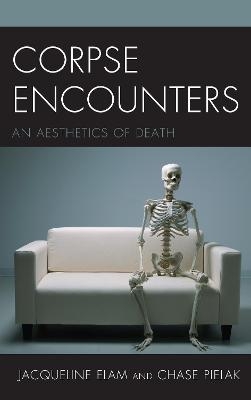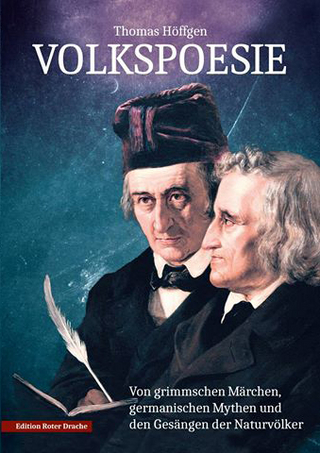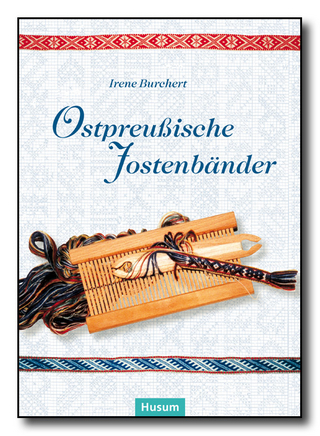
Corpse Encounters
An Aesthetics of Death
Seiten
2018
Lexington Books (Verlag)
978-1-4985-4393-4 (ISBN)
Lexington Books (Verlag)
978-1-4985-4393-4 (ISBN)
This book takes a critical glance at the ritualized practices of death—corpse preparation, disposal, and aesthetic representation—and examines the workings of aesthetics that shape corpses, as well as the ways in which corpses spill over, resisting aestheticization.
This book takes a critical glance at the ways in which we attend to the corpse, tracing a trajectory from encounter toward considering options for disposal: veneered mortuary internment, green burial and its attendant rot, cremation and alkaline hydrolysis, donation and display, and ecological burial. Through tracing the possible futures of the dead that haunt the living, through both the stories that we tell and physical manifestations following the end of life, we expose the workings of aesthetics that shape corpses, as well as the ways in which corpses spill over, resisting aestheticization.
This book creates a space for ritualized practices surrounding death: corpse disposal; corpse aesthetics that shape both practices attendant upon and representations of the corpse; and literary, figural, and cultural representations that deploy these practices to tell a story about dead bodies—about their separation from the living, about their disposability, and ultimately about the living who survive the dead, if only for a while.
There is an aesthetics of erasure persistently at work on the dead body. It must be quickly hidden from sight to shield us from the certain trauma of our own demise, or so the unspoken argument goes. Experts—scientists, forensic specialists, death-care professionals, and law enforcement—are the only ones qualified to view the dead for any extended period of time. The rest of us, with only brief doses, inoculate ourselves from the materiality of death in complex and highly ritualized ceremonies. Beyond participating in the project of restoring our sense of finitude, we try to make sense of the untouchable, unviewable, haunting, and taboo presence of the corpse itself.
This book takes a critical glance at the ways in which we attend to the corpse, tracing a trajectory from encounter toward considering options for disposal: veneered mortuary internment, green burial and its attendant rot, cremation and alkaline hydrolysis, donation and display, and ecological burial. Through tracing the possible futures of the dead that haunt the living, through both the stories that we tell and physical manifestations following the end of life, we expose the workings of aesthetics that shape corpses, as well as the ways in which corpses spill over, resisting aestheticization.
This book creates a space for ritualized practices surrounding death: corpse disposal; corpse aesthetics that shape both practices attendant upon and representations of the corpse; and literary, figural, and cultural representations that deploy these practices to tell a story about dead bodies—about their separation from the living, about their disposability, and ultimately about the living who survive the dead, if only for a while.
There is an aesthetics of erasure persistently at work on the dead body. It must be quickly hidden from sight to shield us from the certain trauma of our own demise, or so the unspoken argument goes. Experts—scientists, forensic specialists, death-care professionals, and law enforcement—are the only ones qualified to view the dead for any extended period of time. The rest of us, with only brief doses, inoculate ourselves from the materiality of death in complex and highly ritualized ceremonies. Beyond participating in the project of restoring our sense of finitude, we try to make sense of the untouchable, unviewable, haunting, and taboo presence of the corpse itself.
Jackie Elam teaches part-time at Scripps College and CalArts. Chase Pielak is lecturer of English at Auburn University.
Introduction - Representing the Dead
Chapter One - Preparations
Chapter Two - Only Half in Love: The Loved One, Forest Lawn, and Traditional Burial
Chapter Three - The Green Corpse and Beckett’s Trilogy
Chapter Four - The Phoenix and the Corpse: Transformation by Fire
Chapter Five - Museums, Mummies, and The Jewel of Seven Stars
Chapter Six - Corpse Consumption: The Postmodern Corpse
Afterword - Dead Ends
| Erscheinungsdatum | 10.05.2021 |
|---|---|
| Verlagsort | Lanham, MD |
| Sprache | englisch |
| Maße | 159 x 238 mm |
| Gewicht | 445 g |
| Themenwelt | Sozialwissenschaften ► Ethnologie ► Volkskunde |
| Sozialwissenschaften ► Soziologie ► Mikrosoziologie | |
| ISBN-10 | 1-4985-4393-6 / 1498543936 |
| ISBN-13 | 978-1-4985-4393-4 / 9781498543934 |
| Zustand | Neuware |
| Haben Sie eine Frage zum Produkt? |
Mehr entdecken
aus dem Bereich
aus dem Bereich
von grimmschen Märchen, germanischen Mythen und den Gesängen der …
Buch | Hardcover (2024)
Edition Roter Drache (Verlag)
16,00 €
an Ethnography of crowds and unruly sounds
Buch | Softcover (2024)
Oxford University Press Inc (Verlag)
28,65 €


